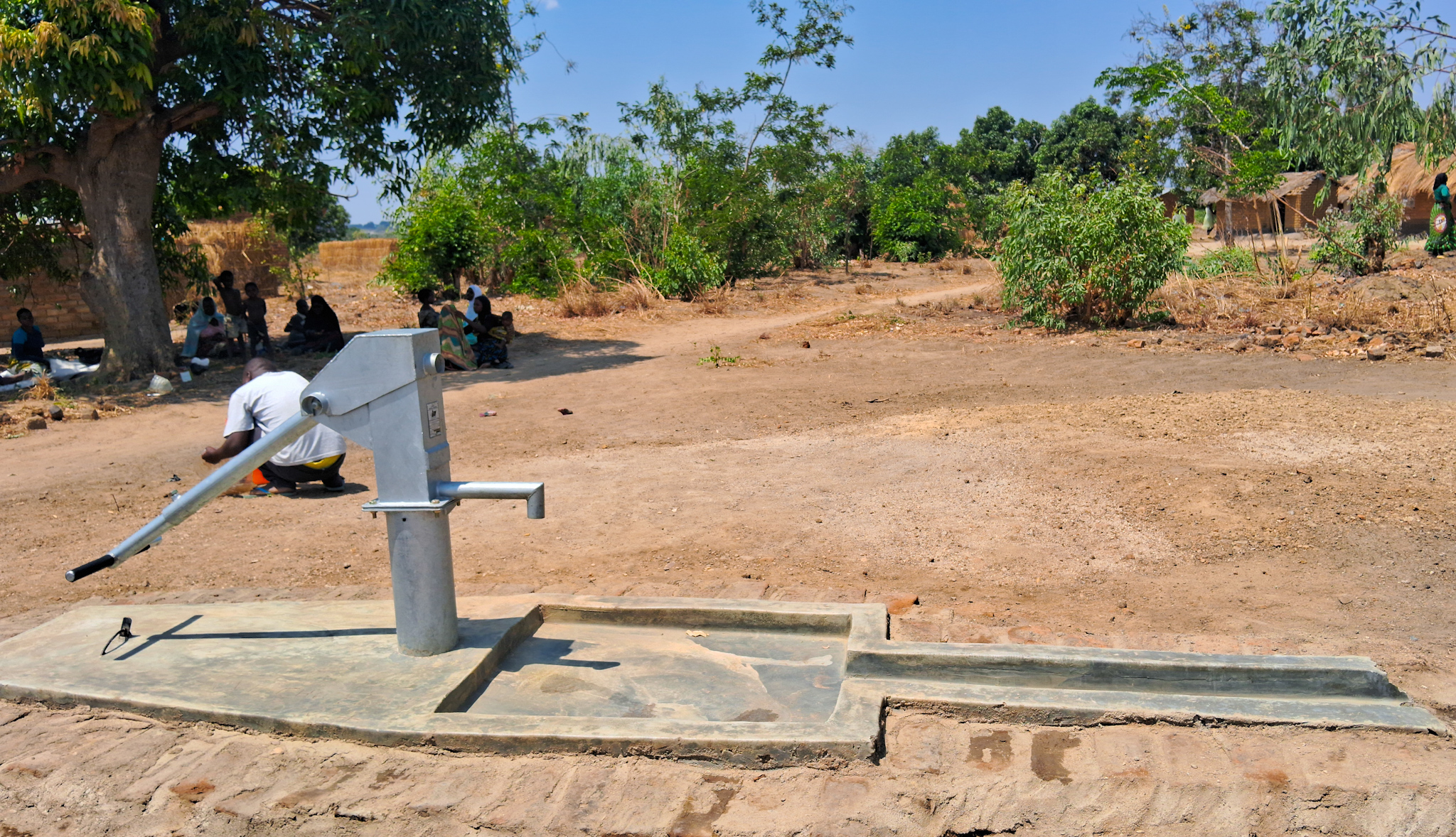By Hassan Mussa
In Islamic ethics, few concepts carry as much gravity as Amanah (trust). Rooted deeply in both the Qur’an and the Hadeeth of our beloved Nabi (saw), Amanah is not merely a social contract—it is a sacred obligation that underpins the moral order of the Muslim community. For us at Amanah Lifeline Initiative, this concept is more than our name—it is the foundation of our vision and the standard of our operations.
Defining Amanah
Classical scholars of Islam defined Amanah as “everything which is obligatory to fulfill or return, whether it pertains to the rights of Allah or the rights of His creation.”
Imam Al-Raghib al-Asfahani, in his Mufradat al-Qur’an, states:
“Al-Amanah is everything that a person is obligated to uphold and maintain, whether it be in terms of beliefs, actions, words, or responsibilities.”
This definition reflects the comprehensive nature of Amanah: it is not limited to material trusts, but extends to promises, duties, roles, and even the private responsibilities placed upon the human soul by Allah.
Amanah in the Qur’an: Surah al-Ahzab, Ayah 72
Allah says in the Qur’an:
“Indeed, We offered the Amanah to the heavens and the earth and the mountains, and they declined to bear it and feared it; but man [undertook to] bear it. Indeed, he was unjust and ignorant.”
(Surat al-Ahzab 33:72)
The scholars of tafsir, such as Ibn Kathir and Al-Qurtubi, explain that this verse refers to the trust of moral responsibility—to act upon the commands of Allah and refrain from His prohibitions. The heavens and the earth, with all their majesty and size, declined such a weighty duty. But man accepted it—often unaware of the seriousness of what he bore.
According to many mufassirun, this Amanah includes:
- Religious obligations (taklif shar‘i)
- Rights of others (huquq al-‘ibad)
- Freedom of choice coupled with accountability
Thus, the verse is not merely metaphorical—it signals the immense responsibility embedded in human agency.
The Believers and Amanah: Surah al-Mu’minun, Ayah 8
In another passage, Allah describes the successful believers: “And those who are faithful to their trusts and their promises.” (Surat al-Mu’minun 23:8)
Here, Amanah is listed alongside Salat (prayer) and chastity as one of the essential traits of true believers. Imam Al-Shawkani comments that this includes both public and private trusts: the safeguarding of secrets, the fulfillment of contracts, and the preservation of responsibilities, whether religious or worldly.
This highlights a vital point: Trustworthiness is not optional. It is a condition of true faith.
The Prophet ﷺ emphasized this when he said:
“There is no faith in one who is not trustworthy, and there is no religion in one who
does not fulfill his promises.” (Ahmad, Bayhaqi)
What is Wājib in Amanah?
The legal ruling (hukm shar‘i) on Amanah varies depending on context, but in general:
- Fulfilling an entrusted obligation is fardh (wajib) if it involves another person’s right or a religious duty.
- Neglecting it constitutes a major sin (kabīrah) if it causes harm, betrayal, or loss.
This includes: - Returning entrusted property
- Delivering charitable funds as instructed by donors
- Keeping promises and not disclosing private matters
- Fulfilling leadership roles with justice
The Sin of Breaching Amanah
The Prophet ﷺ warned in no uncertain terms:
“When a man is entrusted with something and he betrays that trust, he has committed one of the signs of hypocrisy.” (Bukhari and Muslim)
This is echoed in the famous hadith:
“The signs of a hypocrite are three: when he speaks, he lies; when he makes a promise, he breaks it; and when he is entrusted, he betrays the trust.”
Thus, breaching Amanah is not a minor fault—it is a mark of nifaq (hypocrisy), a spiritual disease more dangerous than open sin.
Why This Matters to Us
At Amanah Lifeline Initiative, we recognize that we are not simply implementing programs or distributing aid. We are carrying Amanat—from our donors, our communities, and ultimately from Allah. We believe that this role makes us
accountable not only to people but to God.
By choosing the name Amanah, we made a solemn pledge: to act with integrity, transparency, and care in every responsibility we are given.
Because in the end, it is not our name that matters—It is whether we lived up to the trust it implies.









Mashah Allah, Tabaaraka Allah, keep up the good work